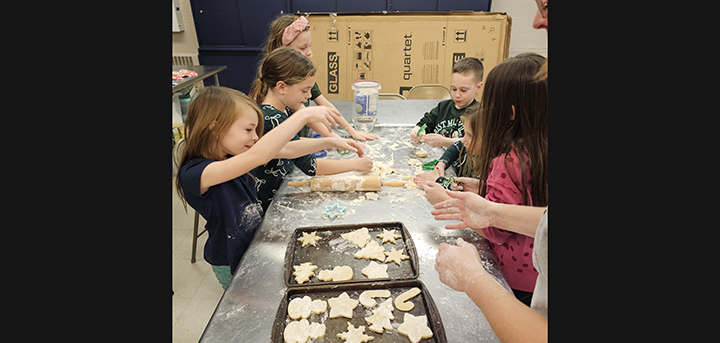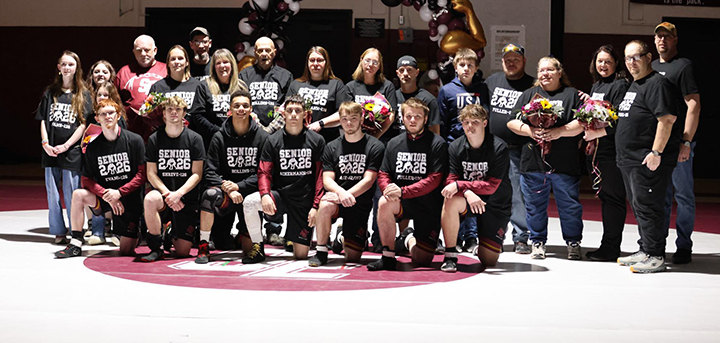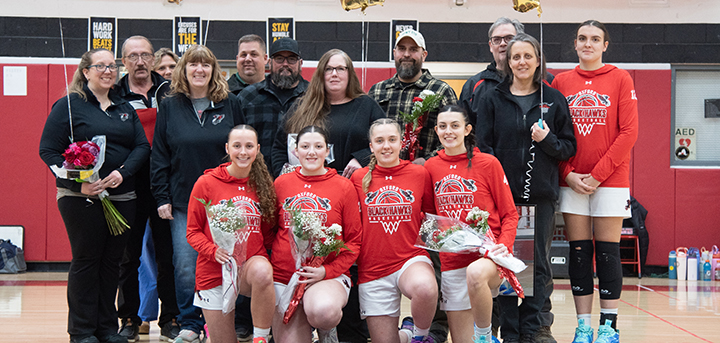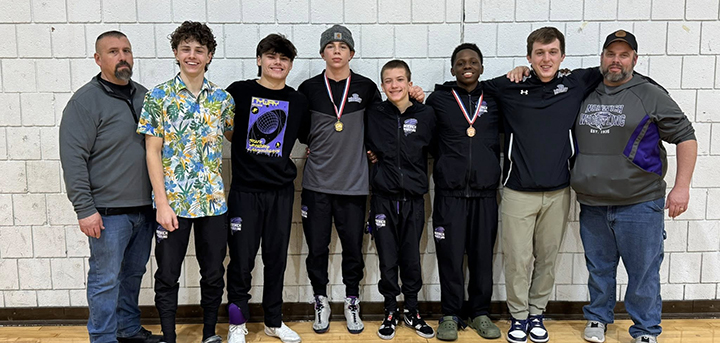Thanks for the lack of memories
After the news hit last year that Navy SEAL Team 6 got Osama bin Laden, the Twitterverse lit up with 13-year-olds tweeting, “Who’s Osama bin Whatever? Was he in a band?” And, really, how would they know about something that happened when they were in diapers?
The sad thing is that they weren’t asking their parents who Osama was, or Googling him, or looking him up on Wikipedia, or looking him up in their history books. They were asking those infallible fonts of all knowledge — other 13-year-olds, which is the same place they get all their answers about sex, drugs and nutrition. What could go wrong?
I mention this only because it’s easy to forget that with all the brain rot on Facebook and Twitter, there’s still lots of room left on the Internet for amazingly useful stuff. I just enrolled in a free online class in computer programming that promises I will be able to build my own search engine after just seven weekly classes.
You may ask, “Why on earth would you want your own search engine?” There is no good answer to that except that I’m hoping to regain some of the brain cells I lose every day by using Facebook and Twitter and their latest partner in time-sucking crime, Pinterest.









Comments